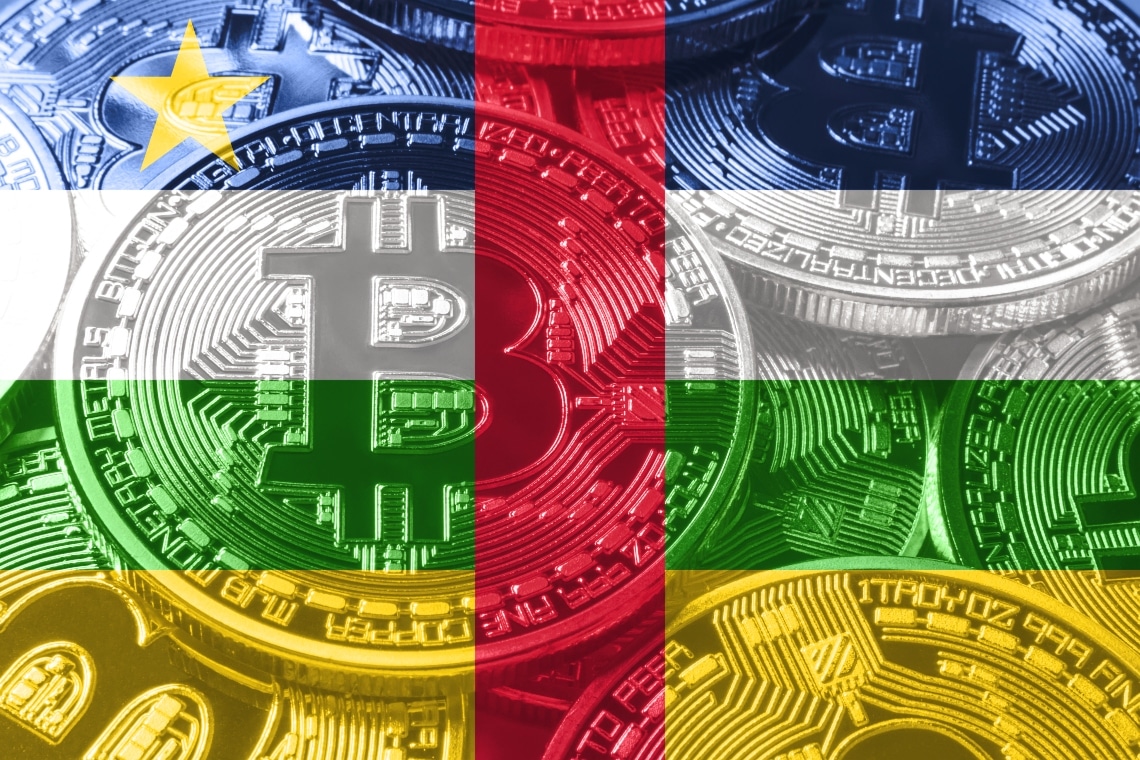The Central African Republic, one of the world’s poorest countries, has decided to adopt Bitcoin as legal tender.
Summary
Central African Republic, 2nd in the world to have Bitcoin as legal tender

Yesterday, the official Facebook profile of the presidential office publicly announced in a statement that the Central African Republic has decided to adopt Bitcoin as legal tender.
The bill was signed by President Faustin Archange Touadera, after it had been passed unanimously by the National Assembly.
The statement does not seem to be transparent about the future plans and prospects of the country, so much so that for now only the importance of this choice has been announced.
One of the few statements reaching the public are the words of Obed Namsio, the Presidential Chief of Staff, who states:
“This move places the Central African Republic on the map of the world’s boldest and most visionary countries”.
This is the revelation made to AFP, the official news agency for countries that adopt French as their first language, much like the Associated Press.
The correlation between choice and inflation
Most states with financial and governmental instability are turning to Bitcoin to stem the problems of excessive inflation. Moreover, cryptocurrencies are well regarded by those same countries that lack a solid and reliable government body, precisely because of their decentralized nature.
The curious case is that the national currency of the Central African Republic, a French-backed franc, has an inflation level of 4.8%. This value is well below the current values that are characterizing even the most developed countries.
Great macroeconomic uncertainty, the wake of a global pandemic, and the conflict between Russia and Ukraine have pushed US inflation to 8.5%. This record figure has prompted the Fed to adopt a restrictive monetary policy plan characterized by interest rate hikes in several stages.
So, what is the real reason behind the Central African Republic’s decision to do this? There will certainly be a chance to see how this new plan will develop, even if these types of countries do not enjoy great transparency.
The first case, El Salvador
The Central African Republic is the second in the world to adopt Bitcoin as legal tender. It was preceded by El Salvador, which decided to take the same path about a year ago.
Since then, the country has enjoyed great popularity among the crypto community and beyond. Obviously, this is a choice that arouses a lot of public interest, as it is an entirely experimental path, full of challenges and uncertainties.
For now, El Salvador seems to be doing well. It has decided to issue Bitcoin Bonds, also known as Volcano Bonds due to the widespread presence of volcanoes in the region. They also use geothermal energy to power the mining farms operating in the country.
In addition to these fantastic news, Bitcoin Beach has been established in the city of El Zonte, which has become a testing ground for Bitcoin-based projects and start-ups.

